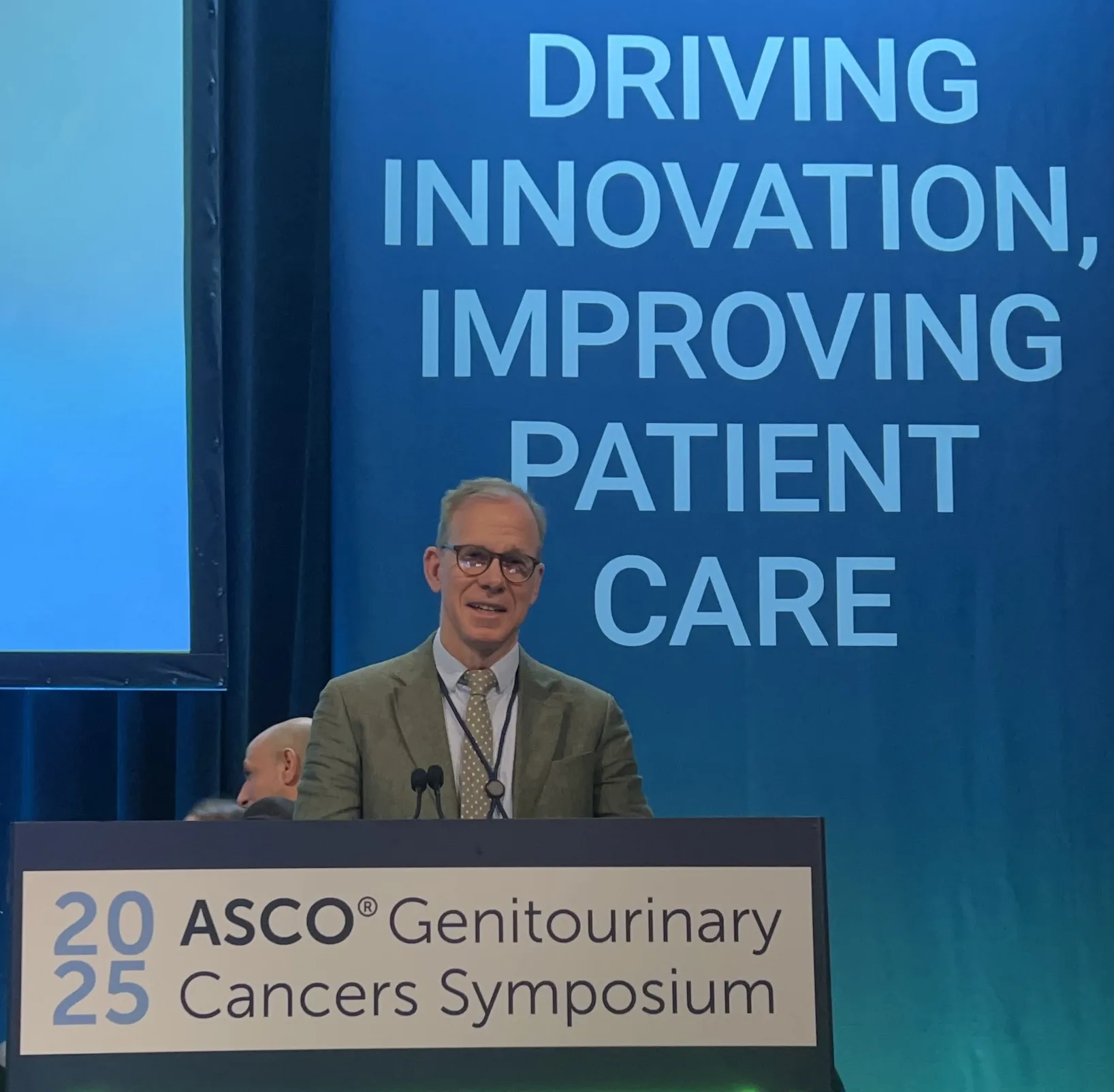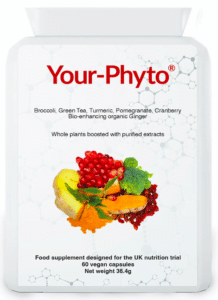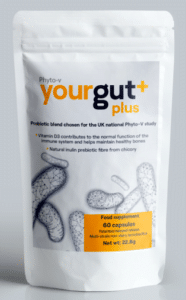.
Phytochemical Rich Supplements for Prostate Cancer
.
In 2011 a supplement called Pomi-t was evaluated in men with prostate cancer. It demonstrated a slowing of PSA progression- read full paper
 This supplement was superseded in a more comprehensive study in 2024 by a new generation formulation called YourPhyto. This blend still contains the same quantities of pomegranate, broccoli, green tea and turmeric, shown to be beneficial in the original study, but it has been upgraded by utilising recent advances in food safety and technology. This included detection and exclusion of contaminants such as heavy metals and pesticides as well as measurement and standardisation of the candidate phytochemical ensuring each maintains its effectiveness and safety.
This supplement was superseded in a more comprehensive study in 2024 by a new generation formulation called YourPhyto. This blend still contains the same quantities of pomegranate, broccoli, green tea and turmeric, shown to be beneficial in the original study, but it has been upgraded by utilising recent advances in food safety and technology. This included detection and exclusion of contaminants such as heavy metals and pesticides as well as measurement and standardisation of the candidate phytochemical ensuring each maintains its effectiveness and safety.
Traditionally, supplements either have extracts of plants or dried whole plants – uniquely, this new supplement has both. This has, not only, ensured a wide spectrum of synergistically acting natural elements from the whole plant, but significantly higher levels of the most active phytochemicals responsible for the health benefits.

The second was a capsule which contained 5 non-histamine inducing, lactose secreting lactobacillus bacterial strains, combined with inulin, from chicory, and vitamin D. It was highlighted by the scientific committee that these two strategies work in synergy to improve gut health and hence reduce inflammation in the body, including the prostate.

This double blind randomised clinical trial completed in October 2024, recruited 212 men with early but progressing prostate cancer. Men were given the opportunity to try these nutritional interventions before considering radical treatments such as surgery, radiotherapy or hormone therapies, which have significant risks and toxicities that impact quality of life. None of the men in the study were taking any other treatments for their prostate cancer.
The trial found that rate of progression of Prostate Specific Antigen (a marker of their disease), substantially slowed after taking the Phytochemical supplement – at a much greater rate than previous interventions. More importantly, the average PSA then fell over the next 4 months, in the group randomised to take the additional probiotic supplement, as opposed to placebo. MRI scans taken before and after the intervention supported the PSA findings. What was particularly welcomed by men was that their urinary symptoms, such as urgency or getting up at night improved by 20%. For 12% of men even erectile function improved.
